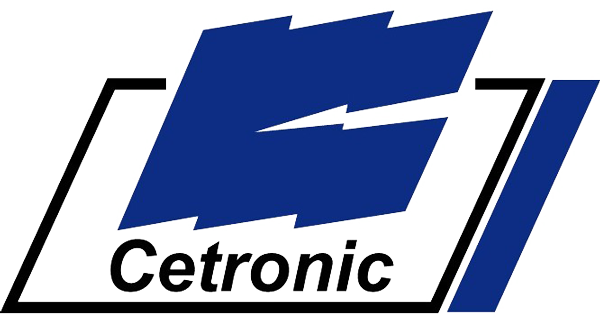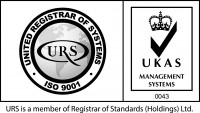Go Back
Here in our guide Part 2 – Sizing Generator we guide you through the steps to selecting the correct size generator for your power requirements. Contact us today if you require support.
When is a generator necessary?
If the electrical equipment needs to be supplied with power for a period longer than the runtime of the UPS, a generator is required.
Synchronisation
A generator needs time to synchronize with the electrical current of the UPS when it starts. If the generator is operating close to its maximum capacity, there is a risk that it will drop the load. To avoid this, a larger generator is the solution.
Quick Checklist
Assess the impact on your business if certain electrical equipment fails:
• Determine the power protection needs for various electrical systems
• Assess the power loading of the generator
• Upgrade the generator size to accommodate for surge current, UPS efficiency, harmonics, synchronization, operating temperature, and future electrical demands
• As a general guideline, the generator size should be greater than the UPS power rating by a factor of 1.25 to 3.00 or more.
Surge current
When all electrical systems have been identified, it is important to carefully consider electrical inrush or surge current. This is a situation that occurs when electrical devices start up, and their initial power consumption exceeds the normal operating load by a significant amount.
The generator must have the capacity to handle both the UPS power requirements and an extra 20% to 30% to account for the power conditioning process.
Harmonics
As more and more electrical devices are used in a building or on a site, the waveform of the electrical supply is distorted and is not as smooth as it should be. This results in additional harmonic frequencies being generated, which can cause problems with sensitive electrical equipment. The harmonics generated by the non-linear loads can cause increased heating in electrical equipment and can also reduce the capacity of cables. To mitigate this problem, power conditioning equipment can be used to filter out the harmonics and improve the quality of the electrical supply. This will help protect sensitive electrical equipment from damage and improve its overall performance.
Temperature
Temperature is a crucial factor to consider. The generator, when in operation, usually generates a 10°C increase in temperature within the engine room or plant. If the ambient temperature is already high at 20°C, the resulting 30°C temperature can have negative effects on the generator. It is important to monitor and control the temperature to ensure optimal performance and longevity of the generator.
For any questions please contact us






